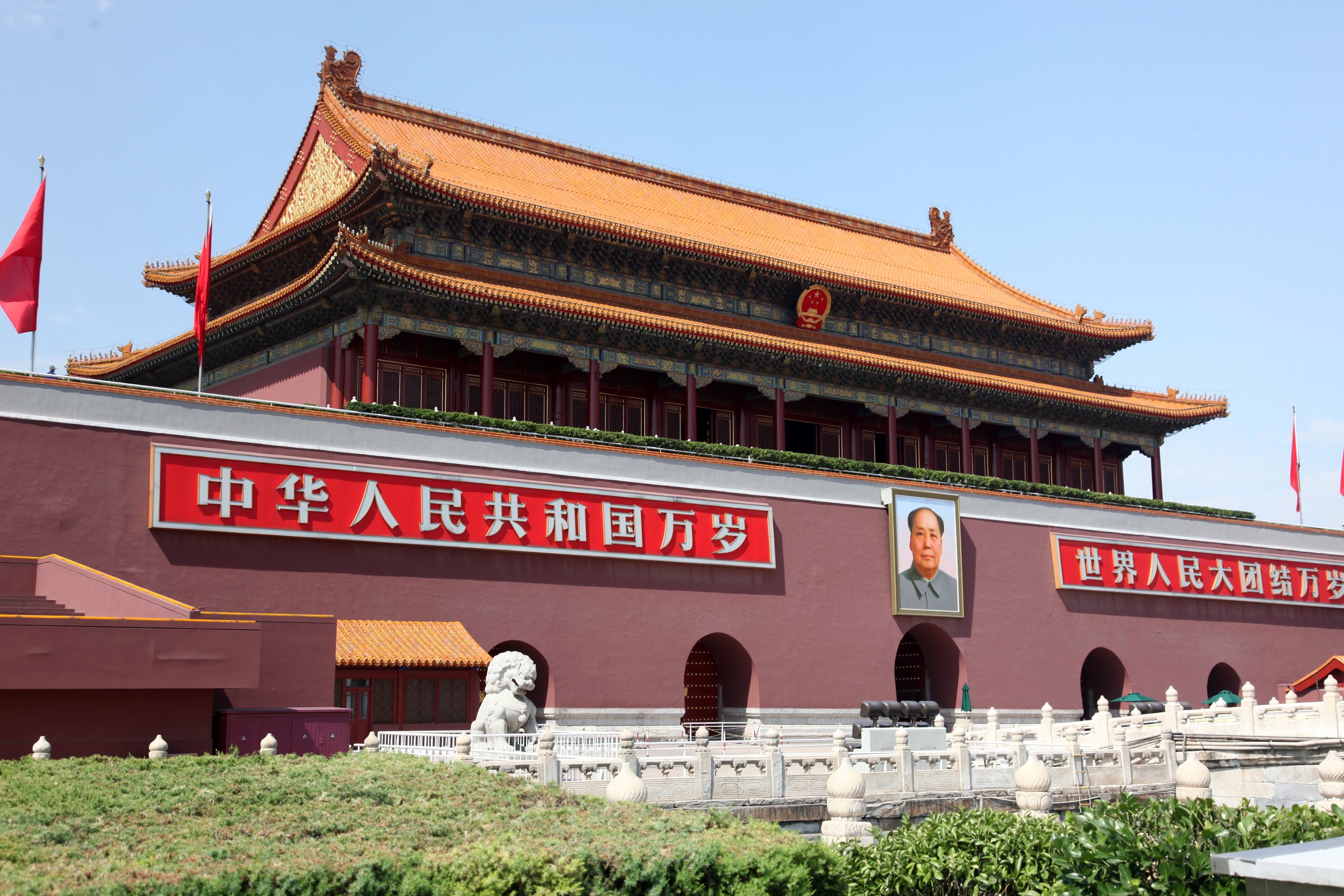
Death of Chairman Mao
Chairman Mao Zedong died in the early morning of September 9, 1976, after suffering his third heart attack within 12 months. Upon his death, China was left without a central authority nor a clear political successor, resulting in a power vacuum that could have shattered the country and plunged the nation into prodigious darkness and anarchy. In 1976, three distinctive power brokers were vexing to alter the future course of the nation. The period between 1976 -1978 was better known as the watershed moment for the People’s Republic. Had the Chinese Communist Party (CCP) chosen the wrong path, world history today would have been drastically different.
After Mao’s death, the three major political power brokers appeared in the PRC:
(1) Jiang Qing Mao’s last wife, joined by 3 of her close political associates, led the infamous Gang of Four. Jiang was an actress turned political exploiter during Mao’s era. Jiang derived most of her political power from Mao for her role in the cultural revolution (1966-1976). She had worked as Mao’s personal assistant during the Chinese Civil War and later as Head of the Central Cultural Revolution Group in charge of political propaganda. The Gang of Four steered China into a sad state of isolationism, unruliness, devastation, and sedition. The political goal of the Gang of Four was a personal crusade of power, revenge, and persecution that would have plunged China into chaos and pandemonium. Jiang aspired to return China to the rules of the “old Chinese dynasty” under the cults and personalities of Mao and with her as China’s supreme leader.
(2) Hua Guofeng was promoted to Chairman of CCP and Premier of China immediately after the death of Premier Zhou Enlai. At the time of Mao's death, as the number two man of the CCP, Hua was the obvious designated heir to Mao. Hua had gained the overwhelming support of the CCP and Mao’s political allies. As Premier, he was exceedingly suspicious of the cultural revolution the Gang of Four led.
Hua was also apprehended with the intention of Deng Xiaoping, the Chinese reformist, to open China to Western culture and his leaning toward free market socialism.
Hua strongly supported the Maoists and Marxist’s communistic approach to governing and intended to follow Mao’s cult-like leadership style and Mao’s doctrine. Hua’s power as the Chinese leader endured from October 1976 to December 1978. Historians believe that one of Hua’s most significant accomplishments from the Chinese historical perspective was his heroic crushing of the Gang of Four, followed by the arrest of Jiang Qing and her political allies in October 1976. Hua was also credited with the peaceful transfer of power to Deng Xiaoping in December 1978 after decisively losing to Deng’s open market reformation policies at the 1978 National People’s Congress.
(3) Deng Xiaoping was the leader of the reformist elite of the CCP. Born in the province of Sichuan in the Qing dynasty, Deng studied and worked in France in the 1920s and later studied in Moscow to learn communist doctrine. Deng was one of the few Chinese leaders with significant exposure to Western ideology. He strongly supported the greater alliance and openness to Western power during the early 70s and promoted the principles of global cooperation.
Deng’s right-leaning political stance and economics eventually caused him to fall out of favor with Mao during the mid-70s. Deng was purged from power twice during the Cultural Revolution led by Jiang Qing, nearly ending his life and destroying his political career.
Following Mao’s death in September of 1976, Deng managed to outmaneuver Hua Guofeng politically and garnished enough support from the Chinese Marshalls to become China’s de facto paramount leader in December 1978, circumventing an internal battle within the CCP, which could have destroyed the frail political structure at the time.
Forty years later, history would have shown that China and the Chinese Communist Party had made the right decision in 1978 in backing Deng’s reformist market economy versus Hua Guofeng’s Maoist doctrine. Otherwise, it would have been the continuation of the failed state-planned economic system that has been the CCP’s political ideology throughout its early history.
